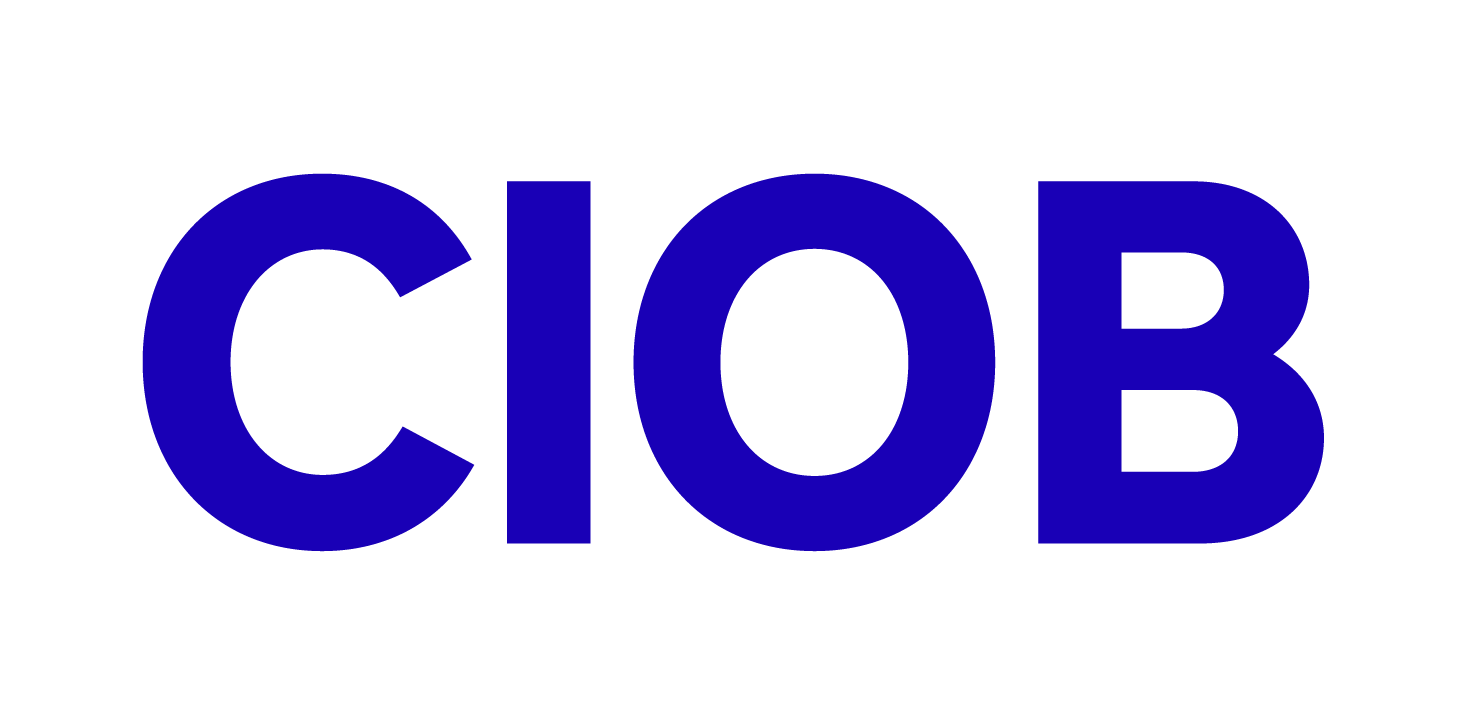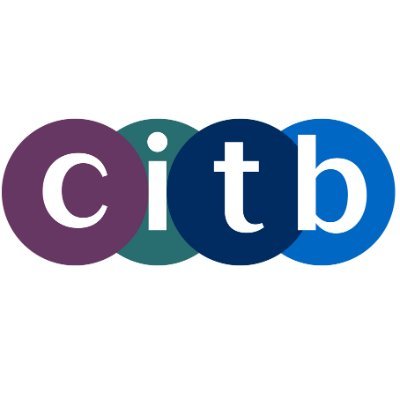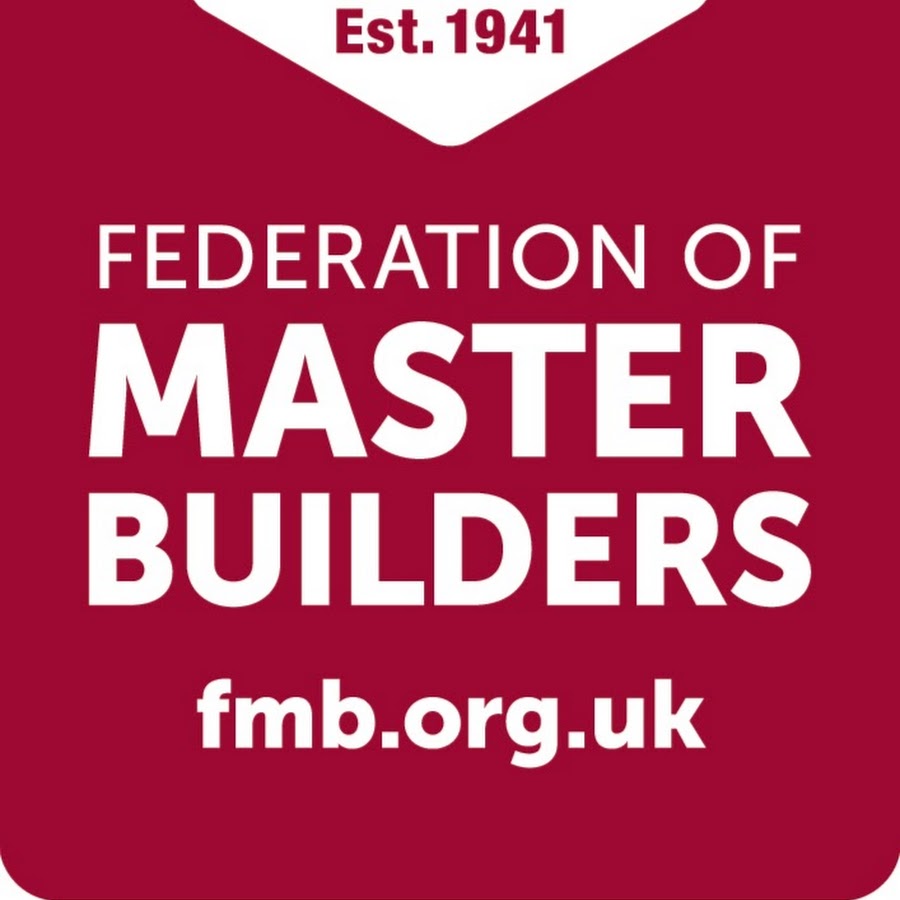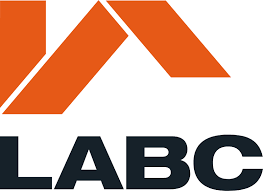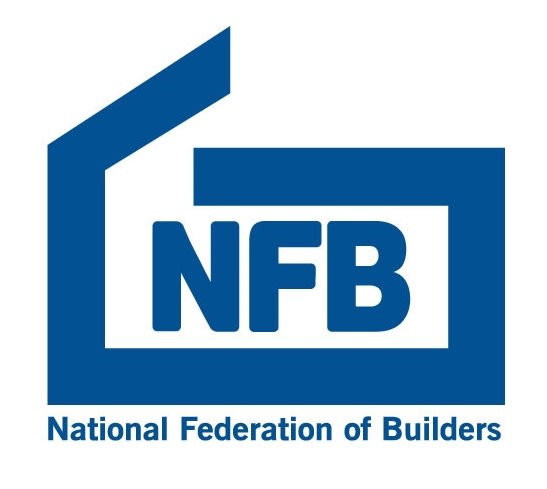Nurturing a Culture of Innovation

A piece of thought leadership from Martyn Jones
At the risk of overusing the phrase, construction is facing unprecedented change. As we know Change requires Innovation and innovation requires Learning. These forces are driving us to rethink the way in which we design and deliver our projects, the tools and technologies we use, and the roles we need to play in a greener, more seamless, value-driven, customer-focused, development process.
But how do we go about nurturing more innovative organisations, project teams and value chains? Slipping into the language of football punditry, the words that keep cropping up time and time again in the meetings I attend are “we need to change our culture”.
But changing an organization’s culture is one of the most difficult leadership challenges, never mind changing the culture of a value chain or a whole industry. That’s because organisational cultures are complex, comprising an interlocking and embedded set of goals, roles, processes, values, communication practices, behaviours, beliefs, attitudes and assumptions.
That’s why single-fix changes, such as the introduction of Partnering, or Lean, or Agile, or Scrum, or Knowledge Management, or some other new approach, may appear to make progress for a while, but over time the deeply embedded and interlocking elements of the organizational and inter-organisational culture can take over and then the change is inexorably drawn back into the existing way of doing things.
Bringing about radical change in a whole industry is very challenging but back in 1998 that’s what Sir John Egan and his Task Force called for construction to do. That was the same year Google was launched. So where better to look for insights into nurturing an innovative culture during the last couple of decades than Google?
They have spent the last couple of decades or so thinking about how to maintain and improve a culture that fosters transformation and innovation, and with remarkable outcomes. Vinton G. Cerf, Vice President and Chief Internet Evangelist at Google, has shared the five lessons they have learnt in growing and sustaining their clearly successful culture of innovation.
1 Sustaining competitive advantage cannot be achieved with technology alone
Cerf argues, surprisingly perhaps, that in their experience technology on its own is not offer the complete answer. He says that every day Google needs to rethink how their people, structures, and processes interact. He says, “Our teams must have systems and processes that keep then engaged, amplify their ability to innovate and keep then consistently looking to the future”.
2. Measure, make decisions, and be transparent in that process
Measurement is at the heart of everything they do at Google. They measure everything – from how their systems are running, to how productive they are, to how people are feeling. And they collect anecdotal information as well as quantitative data as they see both as being necessary to inform change.
Once they have gathered and interpreted the data and made a decision, it’s time to actually put those changes into motion. They argue feedback systems only work when people believe changes will be made as a result of their feedback. The trick is to ask the questions and then actually do something with the result and use it to judge how well their organizational structure and processes are working.
Transparency is another important part of the Google way. Cerf says, “It’s important that we are transparent about the feedback we heard, and how we went about addressing it. Being transparent as a company increases customer trust on one hand, and employee trust on the other. It’s important that people understand why we prioritized the changes we made. That’s core to Google’s DNA.”
3. Don’t be afraid of failure
This is a difficult one for construction given the risks involved and our embedded blame culture but we need to recognise that – as in the field of science for example – more is learnt from failure than from success. If you ask why something didn’t work, you often learn more than you would have if it actually did work. Cerf again: “At Google, we try a lot of things out that don’t work – and then learn from them and refine our practices. And eventually, we hope, they get to the point where the things that we want to work actually do work.”
4. Don’t forget that culture is always a work in progress
Over time, as the scale of Google grows and the mix of people joining changes, they have to remind people about the cultural norms that they would like to maintain. As Cerf says, “You have to periodically refresh the cultural elements that matter.
For example, one of the things that Google tries to accomplish is to give people the freedom to try things out, which resulted in a policy of allowing engineers to spend 20% of their time doing things that they weren’t originally assigned to do. People use [their] 20% of time to learn outside of their assigned duties and it actually acts as a stabilizing component of employee satisfaction.”
5. Stay open
Don’t think that you have all the answers. In fact, the probability is very high that you don’t have very many of them at all. Take advantage of opportunities to share knowledge with your colleagues, your friends, even your competitors to better understand what others have learned in order to solve the same problems you have. Google “see openness as a friend”.
The same thing is true when it comes to not taking all the credit. It’s important to acknowledge other people’s contributions because it gives them the incentive to continue contributing. And so, this kind of openness of spirit is just as important as openness of ideas.
What can construction learn from Google?
Taking ideas from other sectors of the economy is problematic but there some takeaways from the Google experience that can be applied to changing construction’s culture. Technology alone does not guarantee success. We need a culture that supports and accelerates change and which nurtures innovation and learning.
People have always powered technology, and today that’s especially true as teams must harness new technologies and collaborate to solve the big problems we face and make the most of the opportunities too. Openness of spirit is just as important as openness of ideas.
The cultural elements that matter have to be periodically refreshed. Transparency increases trust, within the organisation but also upstream to clients and downstream to suppliers. Nurturing a culture of innovation helps lead to the identification of new opportunities and actions to create new ideas to tackle the unprecedented challenges we face and exploit the emerging opportunities.




